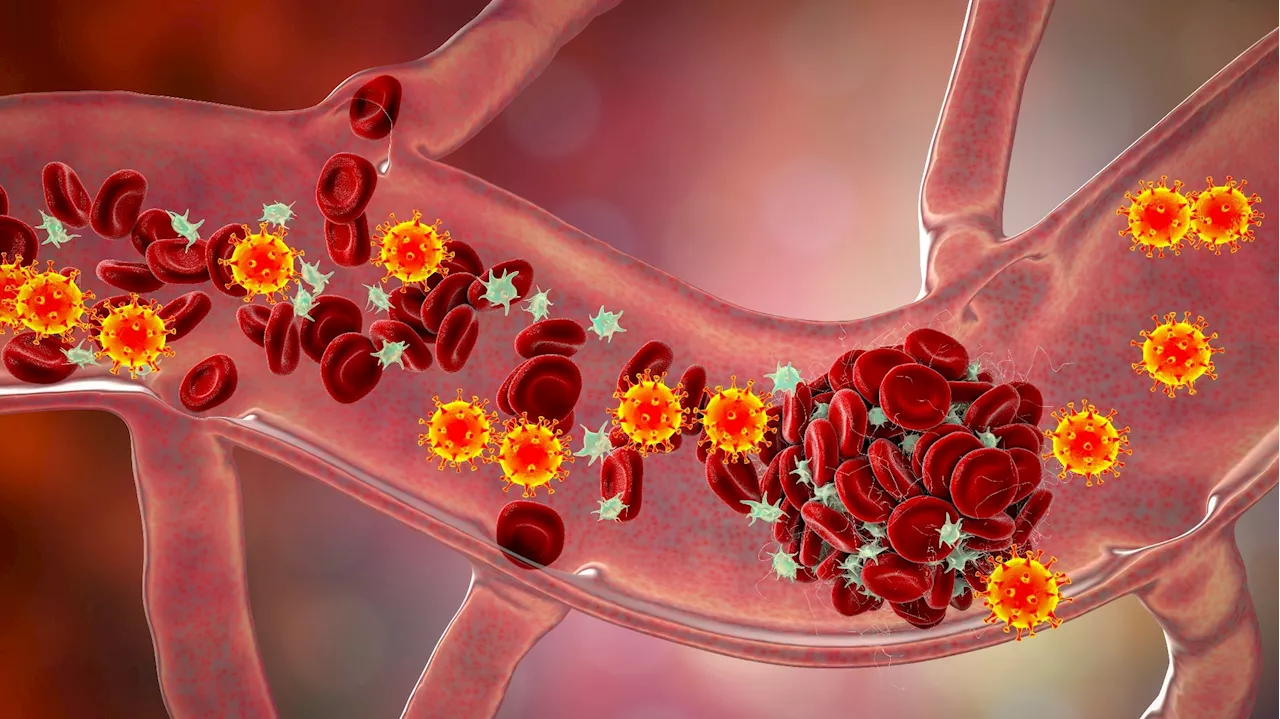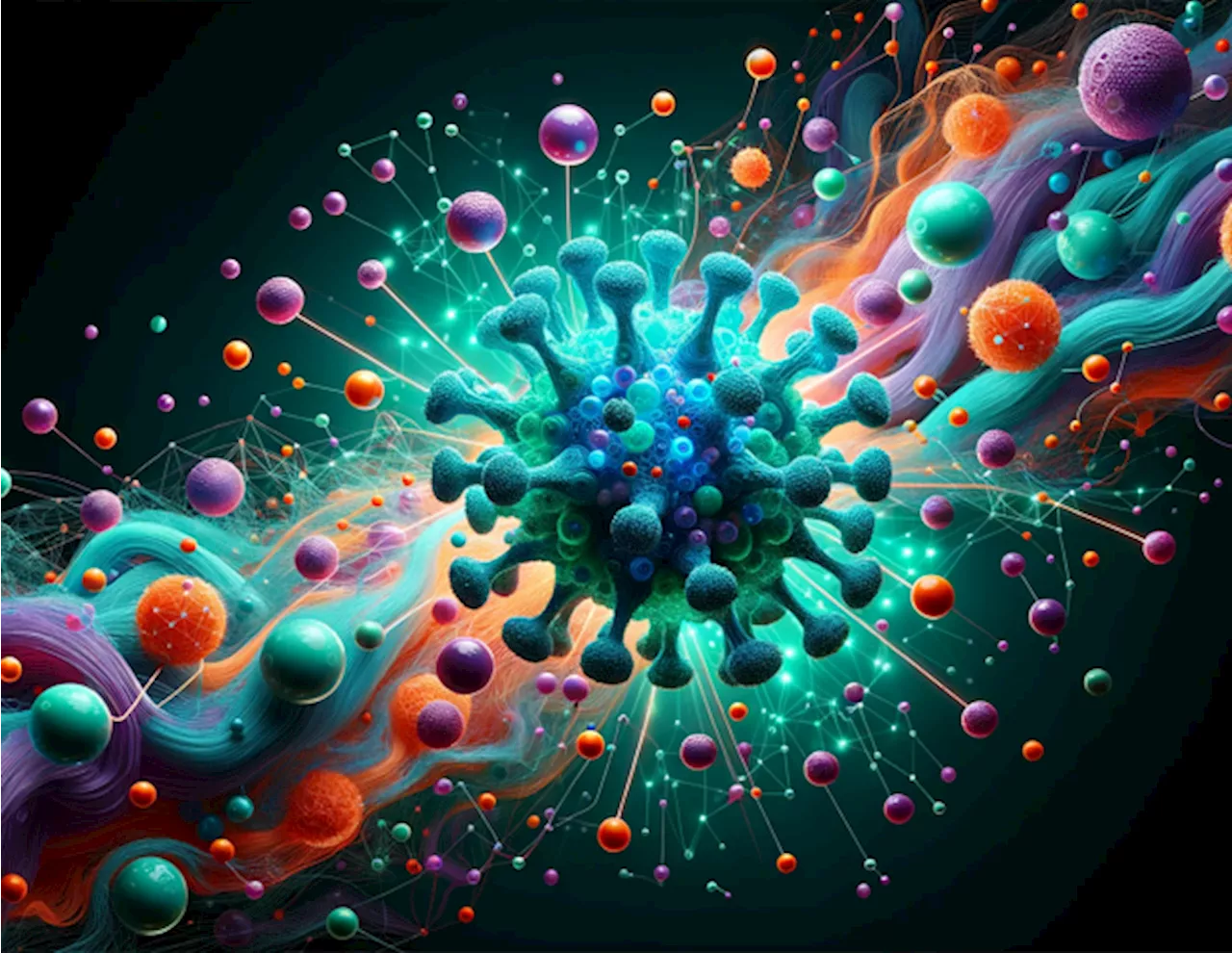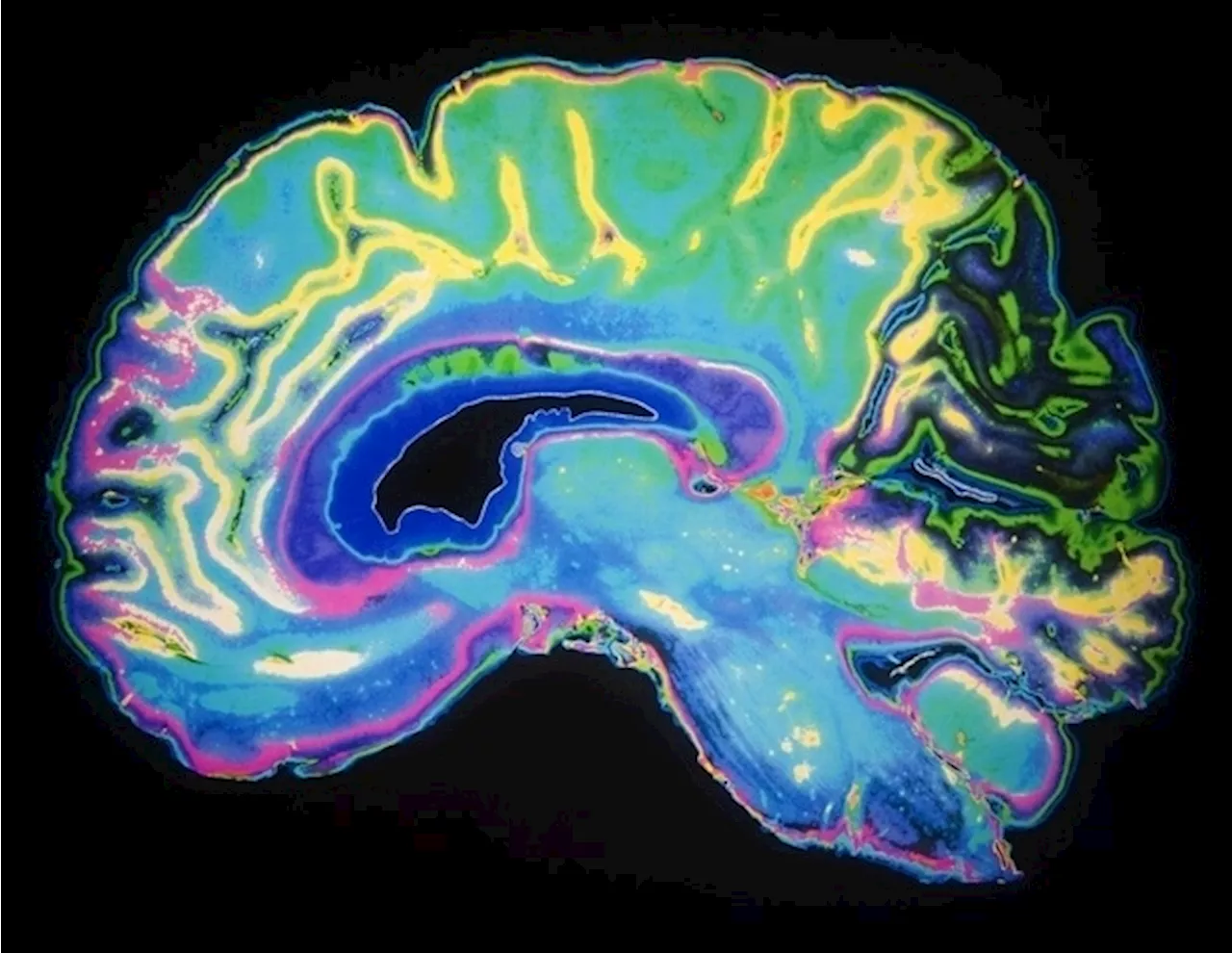A recent study published in The Journal of Nutrition shows that SARS-CoV-2 infection significantly alters the composition of human milk, impacting lipid and metabolite profiles. However, vaccination against COVID-19 does not appear to have the same effect, assuring the safety of breastfeeding mothers and their babies.
By Vijay Kumar MalesuReviewed by Susha Cheriyedath, M.Sc.Dec 19 2024 Cutting-edge research shows SARS-CoV-2 infection disrupts milk composition, but vaccines ensure safety for breastfeeding moms and their babies.
Human milk is the gold standard for infant nutrition, offering essential nutrients, immune cells, and immunomodulatory components that protect infants with immature immune systems. While it reduces infections, it can transmit certain pathogens such as human immunodeficiency virus and Ebola virus. Milk was self-collected at specific intervals before and after vaccination using clean containers, with collection procedures approved by the Mount Sinai Hospital Institutional Review Board . For participants with SARS-CoV-2 infection, milk samples were collected within seven days of a confirmed positive test, with collection procedures approved by the University of Idaho IRB.
Study participants ranged from 26 to 41 years old, with a mean age of 32 years, and were between less than one month to 30 months postpartum, with a mean of 8 months postpartum. In contrast, COVID-19 vaccination resulted in minimal changes to milk composition. No significant alterations were observed in milk lipidomics or metabolomics across any of the vaccine types evaluated. Proteomic changes varied by vaccine and timing.
COVID-19 Breastfeeding Human Milk SARS-Cov-2 Vaccination
United Kingdom Latest News, United Kingdom Headlines
Similar News:You can also read news stories similar to this one that we have collected from other news sources.
 SARS-CoV-2 hijacks cholesterol trafficking to fuel infection and evade immune responsesSARS-CoV-2 disrupts cholesterol metabolism by using its ORF3a protein to sequester cholesterol in lysosomes, reducing BMP levels and optimizing viral survival. This novel mechanism offers insights into long-term metabolic complications of COVID-19.
SARS-CoV-2 hijacks cholesterol trafficking to fuel infection and evade immune responsesSARS-CoV-2 disrupts cholesterol metabolism by using its ORF3a protein to sequester cholesterol in lysosomes, reducing BMP levels and optimizing viral survival. This novel mechanism offers insights into long-term metabolic complications of COVID-19.
Read more »
 Study reveals key protein substitutions affect SARS-CoV-2 susceptibility in mammalsAnnouncing a new article publication for Zoonoses journal. Zoonotic transmission of severe acute respiratory coronavirus 2 (SARS-CoV-2) has been found to result in infections in more than 30 mammalian species.
Study reveals key protein substitutions affect SARS-CoV-2 susceptibility in mammalsAnnouncing a new article publication for Zoonoses journal. Zoonotic transmission of severe acute respiratory coronavirus 2 (SARS-CoV-2) has been found to result in infections in more than 30 mammalian species.
Read more »
 Researchers uncover hidden roles of accessory genes in SARS-CoV-2Viruses are lean, mean, infection machines. Their genomes are tiny, usually limited to a handful of absolutely essential genes, and they shed extra genomic deadweight extremely fast.
Researchers uncover hidden roles of accessory genes in SARS-CoV-2Viruses are lean, mean, infection machines. Their genomes are tiny, usually limited to a handful of absolutely essential genes, and they shed extra genomic deadweight extremely fast.
Read more »
 Gut microbiome during acute infection predicts risk of long COVIDThe study identifies gut microbiome signatures during acute SARS-CoV-2 infection as predictors of long COVID, enhancing understanding of symptom variability.
Gut microbiome during acute infection predicts risk of long COVIDThe study identifies gut microbiome signatures during acute SARS-CoV-2 infection as predictors of long COVID, enhancing understanding of symptom variability.
Read more »
 Hippocampal Inflammation Alters Behavior in Mice, Differences Observed Between SexesA new study reveals that inflammation in the hippocampus, the brain's memory center, significantly impacts motivation and behavior in mice, particularly food-seeking behavior. Notably, these effects differ between males and females.
Hippocampal Inflammation Alters Behavior in Mice, Differences Observed Between SexesA new study reveals that inflammation in the hippocampus, the brain's memory center, significantly impacts motivation and behavior in mice, particularly food-seeking behavior. Notably, these effects differ between males and females.
Read more »
 Study reveals evidence of 22 viruses in human semen post-infectionThis study uncovers the persistence of 22 viruses in human semen, emphasizing the need for updated public health strategies and insights into fertility impacts.
Study reveals evidence of 22 viruses in human semen post-infectionThis study uncovers the persistence of 22 viruses in human semen, emphasizing the need for updated public health strategies and insights into fertility impacts.
Read more »
